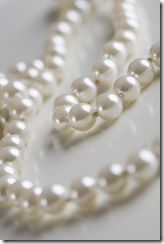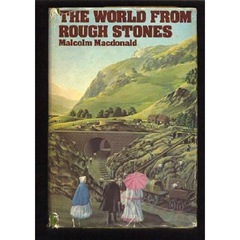
The World from Rough Stones
by Malcolm Macdonald, published in 1975 by Alfred A. Knopf
Maybe my favorite genre — reminiscent of Masterpiece Theatre series productions. Its 570 pages are written against the backdrop of the construction of a railway tunnel in England from 1839 to 1841. The story begins with Nora, a poverty-stricken but well-bred young woman who lives by her wits and her body. She meets “Lord John,” former “navvy,” (tunnel laborer), now rising by his shrewdness and uncommon people skills to the position of General Contractor.
The book title describes not only the building of the tunnel, but the couple’s synergy, elevating them to financial and social success. Though the book is ends satisfactorily, you sense that John and Nora are not finished making deals. Their family story is continued in three sequels, The Rich Are with You Always, Sons of Fortune and Abigail.
Though technical in its description of 19th century railway construction and finance, the story is carried by its cast of strong characters. It contains a few explicit sexual scenes, so I wouldn’t recommend it to everyone.
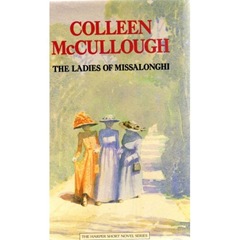
The Ladies of Missalonghi
by Colleen McCullough, 192 pages, published in 1987 by Harper & Row
A short, entertaining read, with an ending you might not expect. Missy Wright, 33-year-old spinster, is dominated by her mother and maiden aunt and the other members of the clan that controls her Australian village.
The arrival in town of stranger John Smith, who has bought a nearby valley, coincides with a fainting spell that Missy suffers. After he rescues her, she determines she will not spend another minute as “mousy” Missy.
Her sudden boldness secretly pleases her mother, mortifies the clan — particularly rich, beautiful cousin Alicia — and charms Mr. Smith.
(Some reader reviews claim this book copies the plot of The Blue Castle, written by L. M. Montgomery, most famous for her Anne of Green Gables series.)
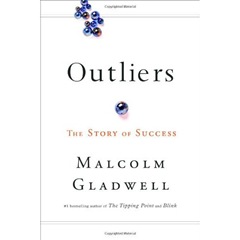
Outliers: The Story of Success
by Malcolm Gladwell, 309 pages, published in 2008 by Little, Brown and Company
My notes indicate that I heard about this from Diggy at Upgrade Reality, but it was also a book that one of my sons had requested. Diggy cited from the book that it takes 10,000 hours to become a master at anything — 3 hours a day for 10 years.
However, the book covers much more than the 10,000-hour rule. Gladwell proposes that innate talent is important, but the year – and sometimes month — of your birth, circumstances and opportunity, length of school year, Eastern or Western culture of work, have much more influence than mere creative genius.
Despite being driven by extensive research and statistics, the book was easy to read and understand. Gladwell’s other books include The Tipping Point and Blink.
Although it’s not a self-help book, as I supposed it might be, it is an enlightening examination of worldly success.

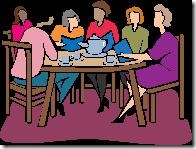 Book Club Envy
Book Club Envy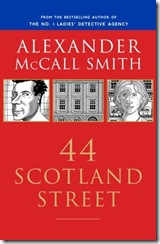
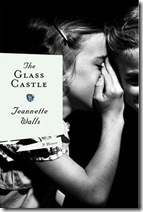 This is an amazing memoir, written with a lot of conversation and short chapter segments, which makes it very easy to read.
This is an amazing memoir, written with a lot of conversation and short chapter segments, which makes it very easy to read.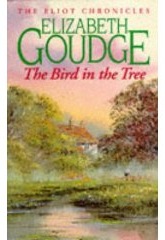 About the Books
About the Books